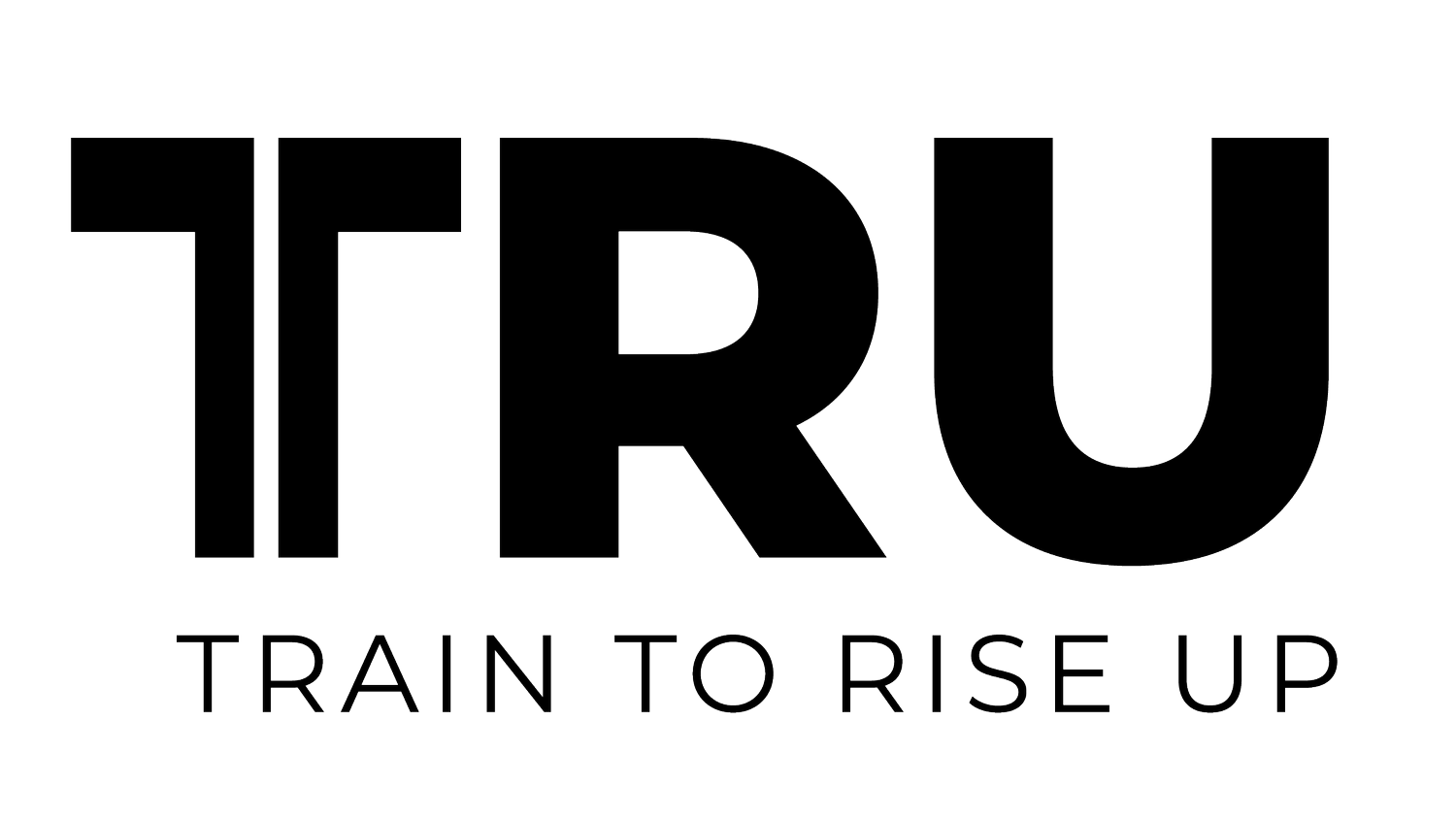Carbs vs. Fats: Which Side Are You On?
In the realm of nutrition, the ongoing debate between carb-favorable and fat-favorable diets has sparked curiosity and confusion among health-conscious individuals seeking the perfect balance for their bodies. The crux of this discussion often revolves around finding a nutritional approach that not only supports a caloric deficit but also resonates with personal food preferences and, for many, performance goals.
Balancing macronutrients—carbohydrates, fats, and proteins—is a fundamental aspect of designing an effective dietary plan. While a balanced approach is feasible, many individuals tend to gravitate towards either a carb-favorable or fat-favorable regimen based on their inclinations and physiological responses to certain foods.
Those who lean towards carbohydrate preference often find energy and satisfaction in foods like grains, fruits, and starchy vegetables. Conversely, individuals favoring fats may relish avocados, nuts, and oils for satiety and flavor. Understanding these preferences is crucial as it enables a person to adhere more effortlessly to their dietary plan, deriving fulfillment from their food choices.
However, the discussion transcends mere preference when performance factors into the equation. Activities demanding bursts of energy, like power training, sprints, or CrossFit, often benefit from a denser carbohydrate intake. In such cases, a person's natural preference might need to yield to the demands of their chosen physical activity.
When aiming to operate in a slight caloric deficit while still enhancing performance and potentially building lean body mass, finding the right balance between carbohydrates and protein becomes pivotal. Athletes or clients in this scenario may need to moderate their fat intake, regardless of their inherent preferences, to optimize their nutrition for their specific goals.
For these individuals, the emphasis shifts towards an appropriate balance of carbohydrates to fuel their activities and protein to aid in muscle repair and growth. In this context, managing fat intake becomes strategic, aligning more with the body's functional needs rather than personal taste.
Ultimately, the ideal dietary approach for someone in a caloric deficit hinges on a delicate balance between personal food preferences, performance requirements, and the pursuit of specific fitness goals. While it's possible to maintain a balanced macronutrient plan, understanding one's body, its response to different macronutrients, and the demands of specific activities is key to optimizing both nutrition and performance. Achieving this balance ensures that individuals can enjoy their food choices while supporting their body's needs, whether it's powering through intense workouts or maintaining a lean physique.
